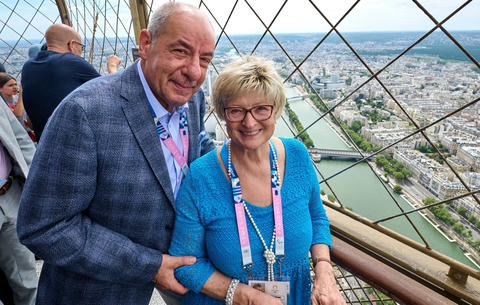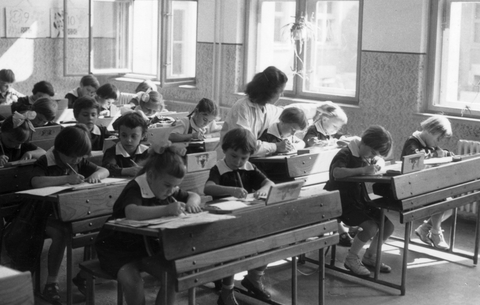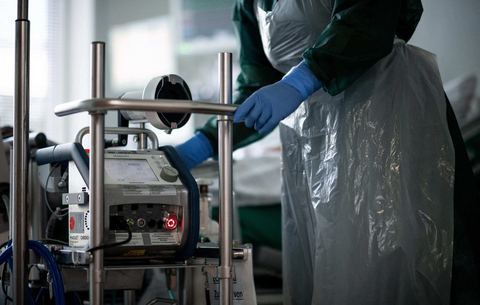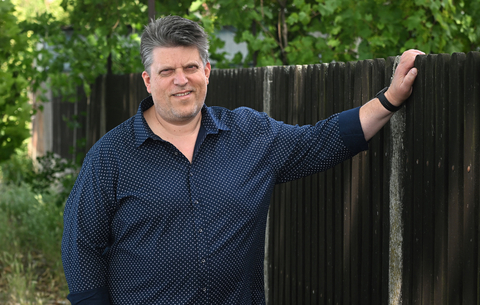Prostitutes in prison
This year's Hungarian Formula 1 saw fewer visitors and reduced police presence. A total of 10 prostitutes were put behind bars using special accelerated procedures on Friday and Saturday. The Hungarian Prostitutes' Interest Group thinks the 20 to 30 day prison terms are illegal and expects the sentences to be reduced. The group said prostitutes would turn up at the event every year, however drastic the punishments.
Between 3 and 6 August, some 180,000 visitors and 60,000 vehicles arrived in Mogyorod, which may explain why 200 fewer police officers were patrolling the scene this year. It is estimated that there were fewer prostitutes, even if some spent as much time in prison as on the job. Over four days, it took 1000 police officers to arrest 10 prostitutes. On each of the two days, five prostitutes were caught offering their services, and were thus sentenced to prison terms of between 25 and 30 days.
Three Austrians and one Estonian were arrested for availing themselves of the prostitutes' services. Each was fined HUF50,000. On Saturday night, however, police did not find a single prostitute, presumably because of the severity of the police crackdown over the previous two days. Zoltan Bozso, a deputy chief constable, told HVG.hu that the police presence had been strengthened because a major event like Formula 1 should not be about prostitution.
Agnes Foldi, the president of the Hungarian Prostitutes' Interest Group, said the accelerated procedures were illegal and that the local authority had been breaking the law for seven years by not designating a tolerance zone. She said she could not understand the severity of the punishments meted out to the prostitute, which would in any case not keep them from the trackside. Foldi said it was financially worthwhile for prostitutes to attend the event, regardless of any punishment. The punishments brought few benefits to taxpaying citizens, however, since, according to her estimates, it cost some HUF8000 to arrest and sentence a prostitute.
The local authority decided this year to declare Mogyorod a protected zone within which it was forbidden to sell sexual services. The protected zone extended 150m away from the edge of the track.
"If they broke the law, it's their problem," said Jozsef Hegedus, mayor of the town, who said visitors were interested not in prostitutes but in the event itself. He said Agnes Foldi was wasting her breath asking for a tolerance zone to be marked out each year: he could not and did not wish to meet her demands. Hard though it is to believe, it's not just the girls - the whole Formula 1 event is starting to become a burden on the local authority. Last year, the authority had to spend HUF1m for every HUF1.8m it earned in revenues.
The mayor does not expect better revenues this year. Businesses did not all do well this year. One stall booked 30 per cent less turnover than last year, meaning it only just covered its costs, according to Erika Hatos, its owner.
Budapest taxi companies did well, though, recording 20 per cent more journeys than on an average weekend. Independent taxi drivers did best, however. They asked EUR100 per traveller, and took 8 to 10 of them each day. Taxi drivers told HVG.hu that they would not welcome a tolerance zone in Mogyorod next year - they'd have nobody to take into the city.
Andrea Salgó









